 Most of us get into contracts, not fully understanding all the ins and outs of what we are signing. Similarly, the multiple provisions that can slither their way into contracts can include things like forum selection clauses which can be easily overlooked. But when a lawsuit erupts, can you argue a provision isn’t applicable? The United States Court of Appeals for the Fifth Circuit addresses this question in the following case.
Most of us get into contracts, not fully understanding all the ins and outs of what we are signing. Similarly, the multiple provisions that can slither their way into contracts can include things like forum selection clauses which can be easily overlooked. But when a lawsuit erupts, can you argue a provision isn’t applicable? The United States Court of Appeals for the Fifth Circuit addresses this question in the following case.
Al Copeland Investments, L.L.C. owned a food manufacturing facility in Louisiana. In October and December of 2015, there was some property damage to the facility, and they submitted a reimbursement claim under an insurance policy. Their insurance was held with First Specialty Insurance Corporation (“First Specialty”). They denied this claim, and AI Copeland sued in the Eastern District of Louisiana, believing they were entitled to recover from the costs and damages of the property. First Specialty asked the court to dismiss the case because the policies forum selection clause requires litigation in New York State court, not Louisiana.
A forum selection clause is a section in a contract that states how all disputes must be litigated in a specific court in a jurisdiction that the parties agreed to.
 Insurance Dispute Lawyer Blog
Insurance Dispute Lawyer Blog


 The story of an underdog seeking justice against a powerful corporation is a familiar legal narrative. And while we may be inclined to root for the little guy, that does not relieve him from proving he has a valid case.
The story of an underdog seeking justice against a powerful corporation is a familiar legal narrative. And while we may be inclined to root for the little guy, that does not relieve him from proving he has a valid case.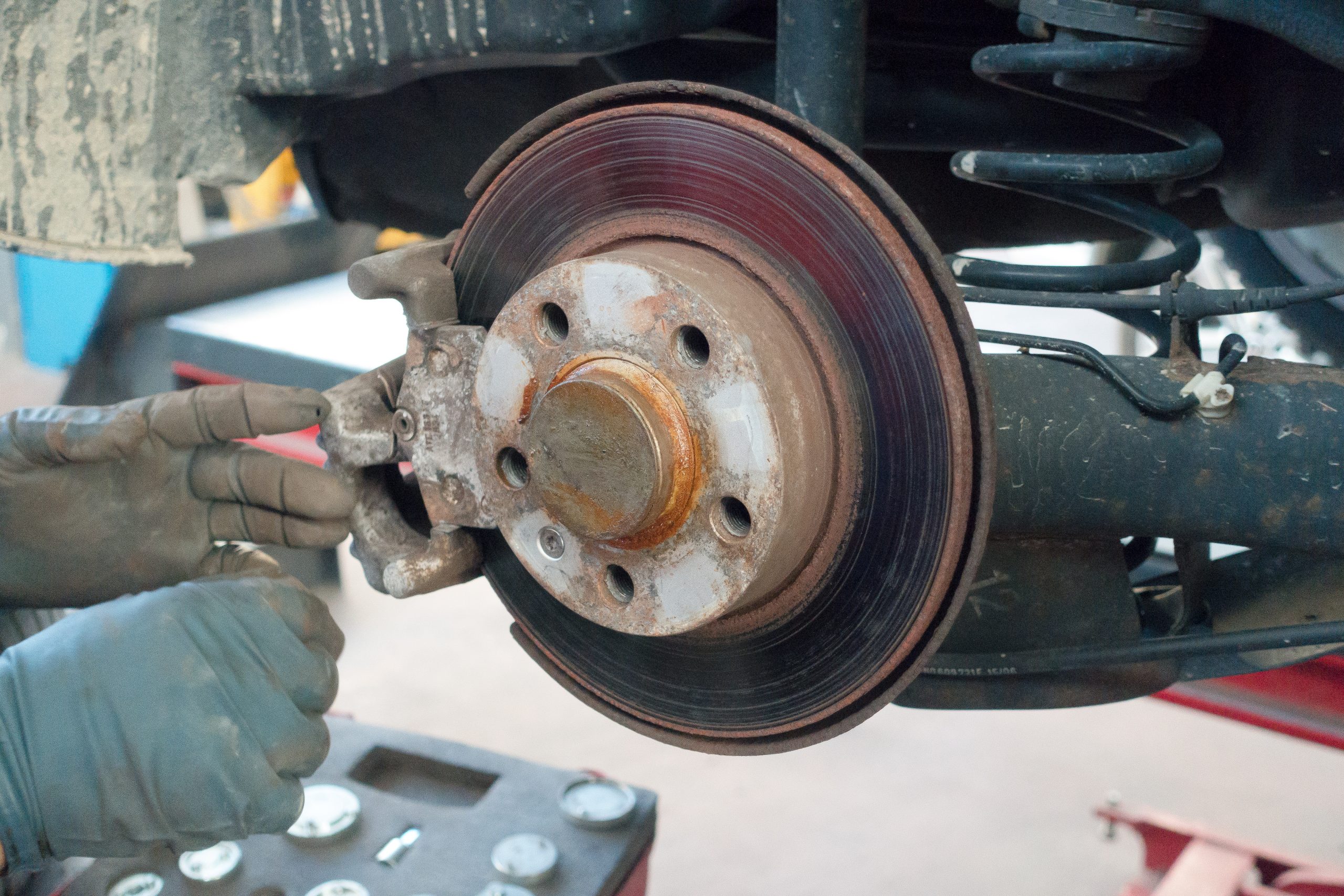 If you have been involved in a motorcycle or car accident, you might not know how an expert witness could help support your claim in court. What happens if there is conflicting testimony from each party’s expert witness about the cause of the accident?
If you have been involved in a motorcycle or car accident, you might not know how an expert witness could help support your claim in court. What happens if there is conflicting testimony from each party’s expert witness about the cause of the accident?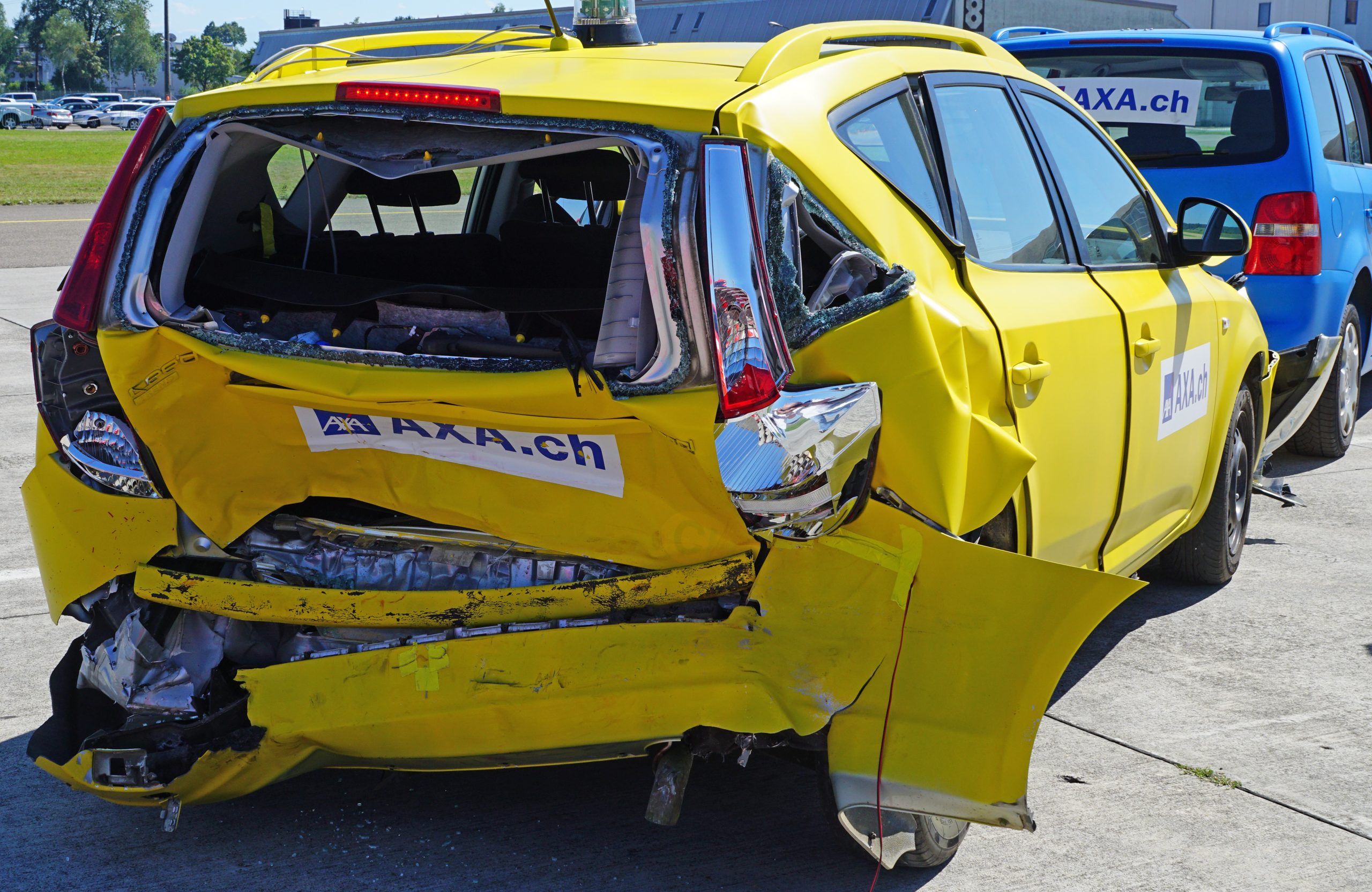 One of the joys of adulthood is figuring out insurance coverage for your vehicles. Selecting the right coverage can be incredibly challenging when you own a small business because there are unclear lines between personal and company vehicles. This can be especially challenging if an accident occurs when driving a different vehicle than you usually drive. Can your insurance policy cover you when driving a different vehicle because your regular vehicle is out of commission and needs repairs? The subsequent lawsuit helps answer this question.
One of the joys of adulthood is figuring out insurance coverage for your vehicles. Selecting the right coverage can be incredibly challenging when you own a small business because there are unclear lines between personal and company vehicles. This can be especially challenging if an accident occurs when driving a different vehicle than you usually drive. Can your insurance policy cover you when driving a different vehicle because your regular vehicle is out of commission and needs repairs? The subsequent lawsuit helps answer this question. Even if you have a unique job like a stunt performer, you can still get brought down to Earth by the complexities of determining what your insurance policies do and do not cover if you are involved in an insurance coverage dispute. In that case, it is important to understand the plain language of your insurance contract, how different provisions in the policy interact, and how courts interpret insurance policies.
Even if you have a unique job like a stunt performer, you can still get brought down to Earth by the complexities of determining what your insurance policies do and do not cover if you are involved in an insurance coverage dispute. In that case, it is important to understand the plain language of your insurance contract, how different provisions in the policy interact, and how courts interpret insurance policies. 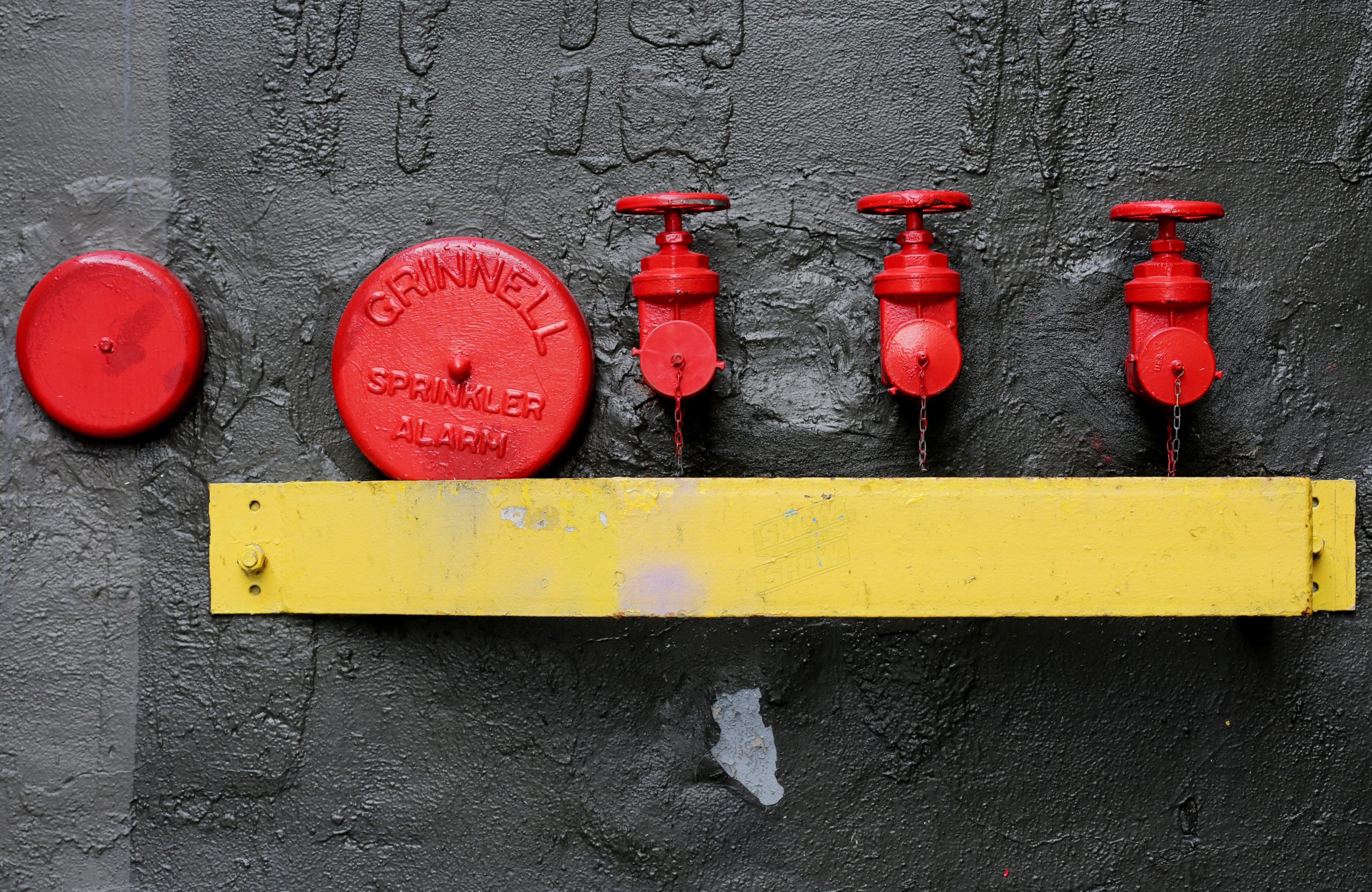 Mardi Gras, a time of joyous celebration, took an unexpected turn for a store near a French Quarter hotel when a sprinkler head malfunctioned, resulting in significant water damage. Despite the storeowner’s insurance covering the damages, a lawsuit ensued to determine the hotel’s liability for the losses incurred. This case highlights the complexities of determining responsibility and legal remedies in property damage cases, emphasizing the importance of seeking legal counsel to navigate such situations effectively.
Mardi Gras, a time of joyous celebration, took an unexpected turn for a store near a French Quarter hotel when a sprinkler head malfunctioned, resulting in significant water damage. Despite the storeowner’s insurance covering the damages, a lawsuit ensued to determine the hotel’s liability for the losses incurred. This case highlights the complexities of determining responsibility and legal remedies in property damage cases, emphasizing the importance of seeking legal counsel to navigate such situations effectively.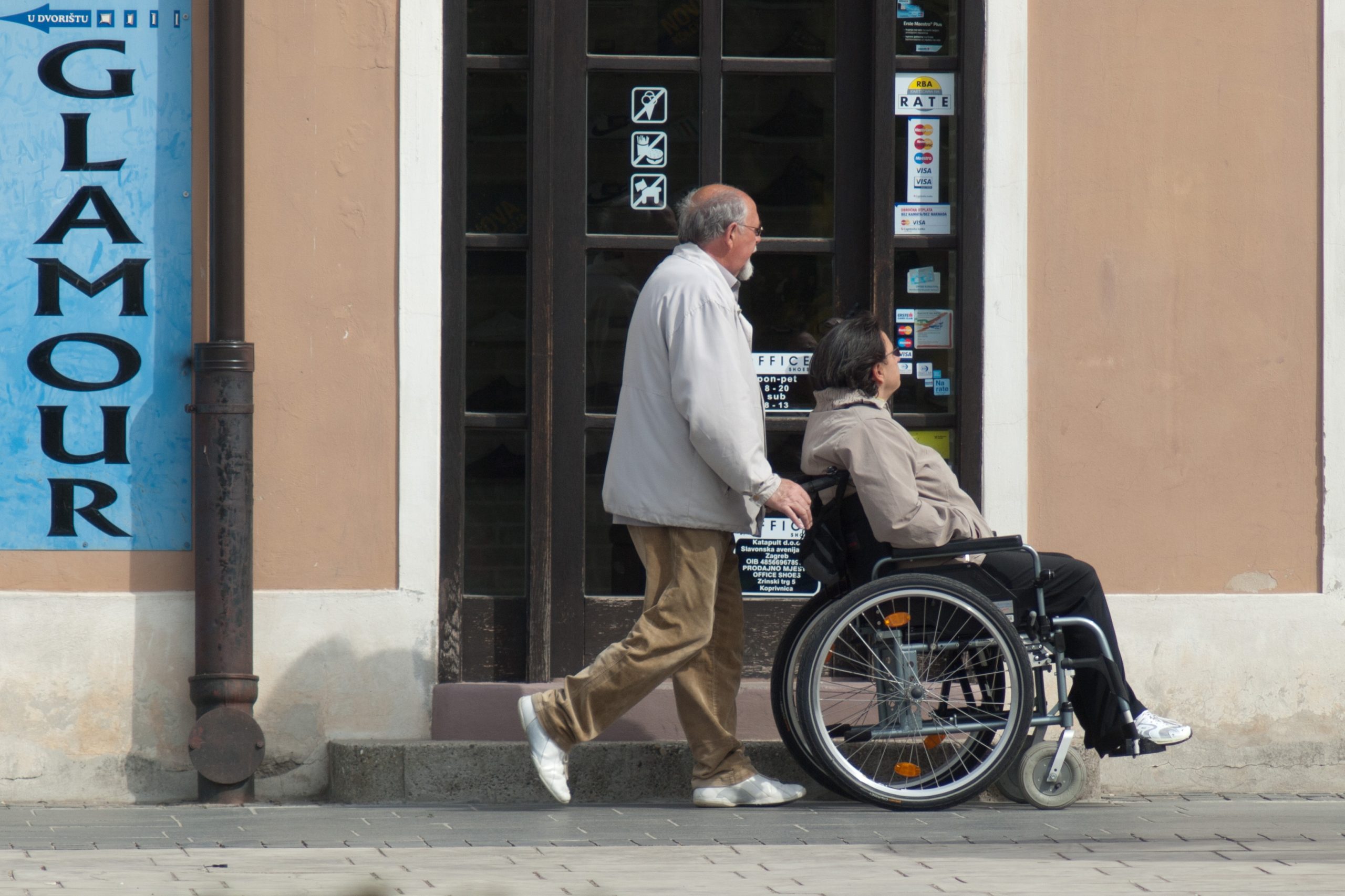 Most adults fear the day that they will need to rely on the care of another to function. Unfortunately, the rampant negligence and mistreatment only exasperate this fear throughout the nursing home and hospice industry. Small mistakes by caregivers are normal and almost expected, yet, Shirley Marzell faced severe injuries after her caregivers improperly secured her to a wheelchair lift.
Most adults fear the day that they will need to rely on the care of another to function. Unfortunately, the rampant negligence and mistreatment only exasperate this fear throughout the nursing home and hospice industry. Small mistakes by caregivers are normal and almost expected, yet, Shirley Marzell faced severe injuries after her caregivers improperly secured her to a wheelchair lift.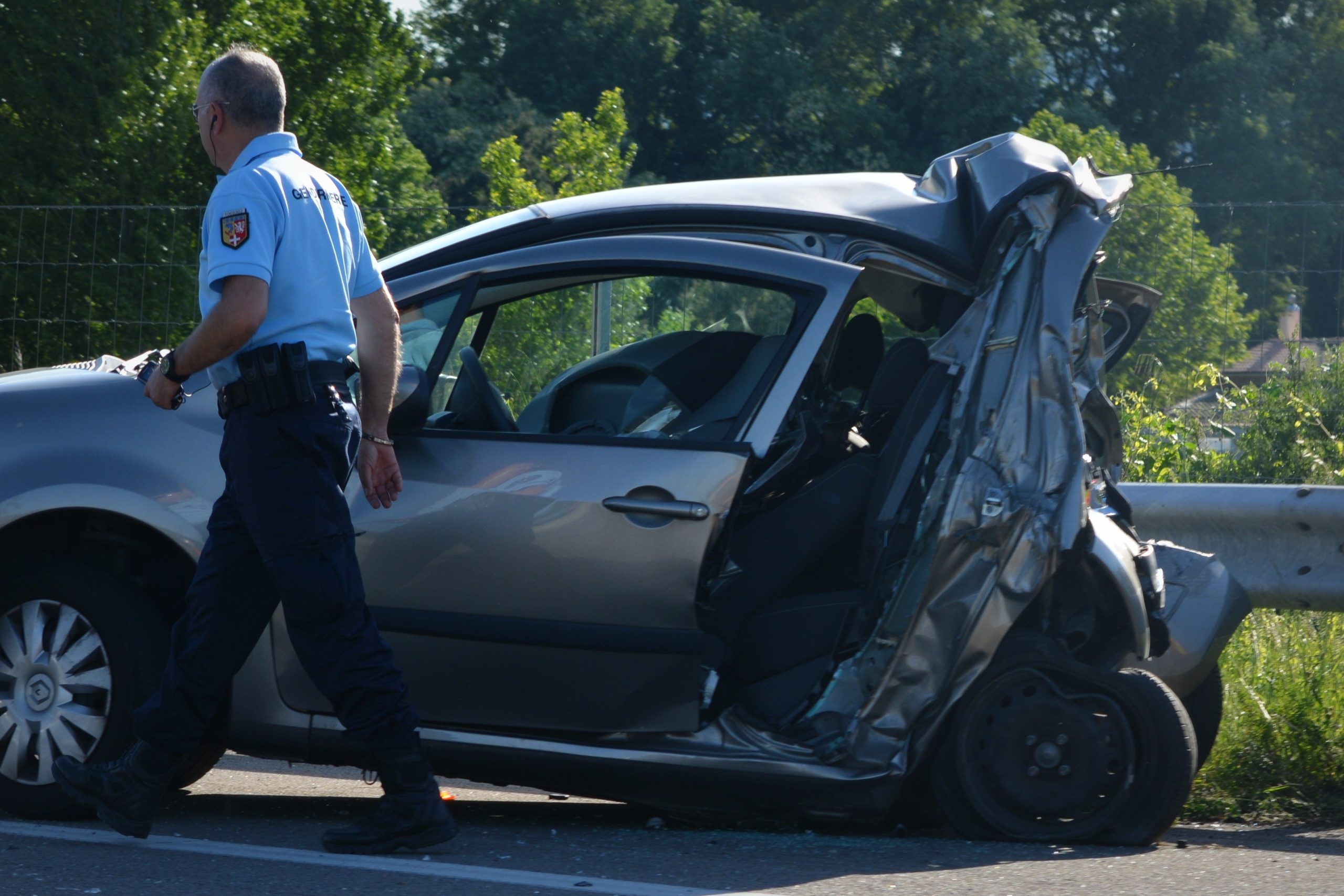 Complex insurance issues can add more hassle to the damage from a car accident. What happens if you’re in an automobile accident after failing to pay your insurance premium? Can you still get coverage for your claims? The following case out of Baton Rouge shows why insurance companies must follow proper procedure and offer evidence of cancellation or suffer consequences.
Complex insurance issues can add more hassle to the damage from a car accident. What happens if you’re in an automobile accident after failing to pay your insurance premium? Can you still get coverage for your claims? The following case out of Baton Rouge shows why insurance companies must follow proper procedure and offer evidence of cancellation or suffer consequences.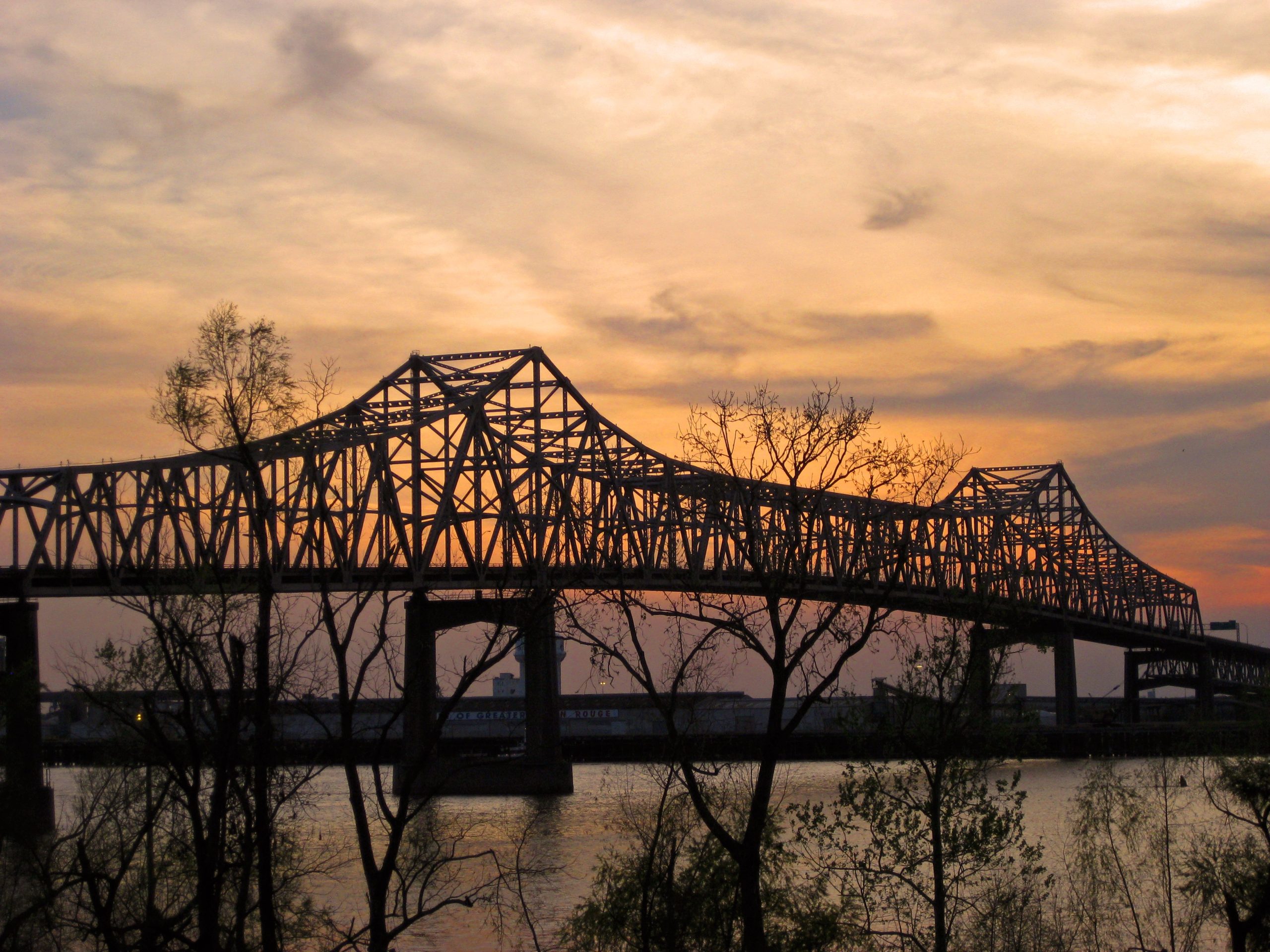 Nothing is more tragic than the loss of life. However, that loss can be tempered somewhat if insurance is in place that provides some financial compensation. While money cannot substitute for the loss of love and companionship that a spouse gives, it can at least provide some help with the bills and, therefore, one less thing to worry about when grieving. But what happens when the insurance company refuses to pay your claim? The following lawsuit in Tangipahoa, Louisiana, discusses these issues in the context of a car accident, uninsured motorist coverage, and the refusal of State Farm to pay the claim.
Nothing is more tragic than the loss of life. However, that loss can be tempered somewhat if insurance is in place that provides some financial compensation. While money cannot substitute for the loss of love and companionship that a spouse gives, it can at least provide some help with the bills and, therefore, one less thing to worry about when grieving. But what happens when the insurance company refuses to pay your claim? The following lawsuit in Tangipahoa, Louisiana, discusses these issues in the context of a car accident, uninsured motorist coverage, and the refusal of State Farm to pay the claim. 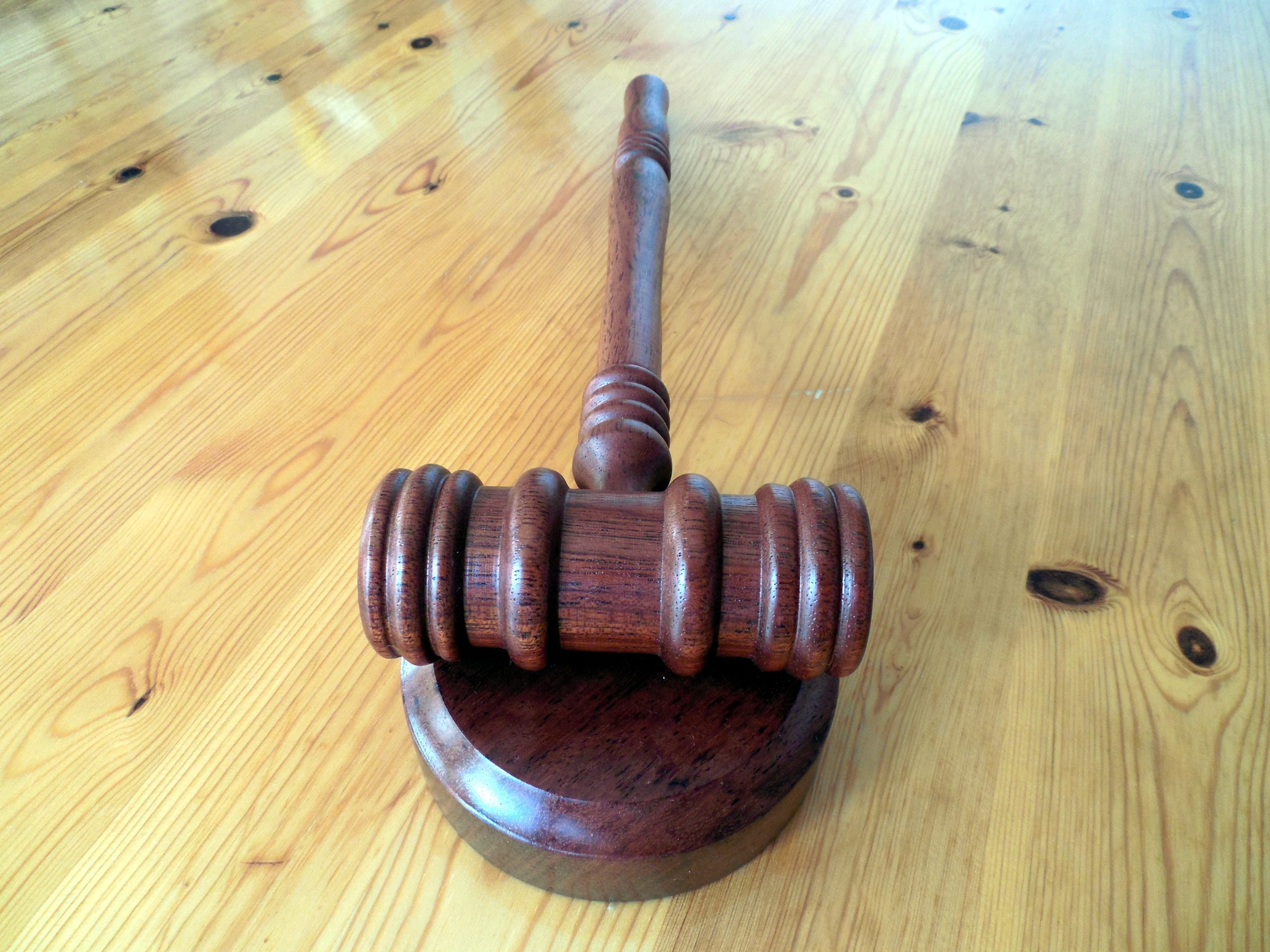 Court cases are contentious, polarizing atmospheres between the parties. Stubbornness is ripe, and the opposing parties are staunchly in, unsurprisingly, opposition. However, sometimes even opposing parties can agree. Any party can take issue with a court’s judgment, and sometimes ALL parties can take issue with a court’s decision–even if these issues are different. But when multiple parties raise various errors in a trial court judgment, how can the higher courts resolve such allegations of error?
Court cases are contentious, polarizing atmospheres between the parties. Stubbornness is ripe, and the opposing parties are staunchly in, unsurprisingly, opposition. However, sometimes even opposing parties can agree. Any party can take issue with a court’s judgment, and sometimes ALL parties can take issue with a court’s decision–even if these issues are different. But when multiple parties raise various errors in a trial court judgment, how can the higher courts resolve such allegations of error?